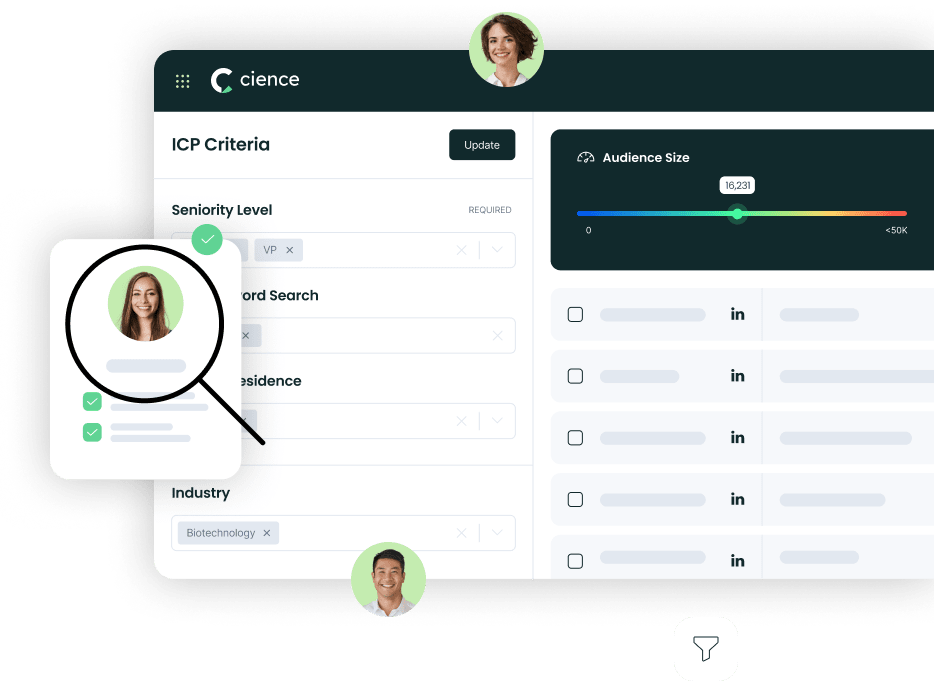
Buttonwoods Museum
Museums And Institutions, 240 Water St, Haverhill, Massachusetts, 01830, United States, 1-10 Employees
Who is BUTTONWOODS MUSEUM
The Buttonwoods Museum is named for the buttonwood, or sycamore, trees planted on the property in the early 1740s by Irish immigrant Hugh Tallent. Mr. Tallent worked for the Saltonstall f...
Read More

-
Headquarters: 240 Water St, Haverhill, Massachusetts, 01830, United States
-
Date Founded: 1897
-
Employees: 1-10
-
Revenue: Under $1 Million
-
Active Tech Stack: See technologies
Industry: Museums and Institutions
SIC Code: 8412
Does something look wrong? Fix it. | View contact records from BUTTONWOODS MUSEUM
Buttonwoods Museum Org Chart and Mapping
Sign in to CIENCE GO Data to uncover contact details
Free credits every month
Frequently Asked Questions Regarding Buttonwoods Museum
Answer: Buttonwoods Museum's headquarters are located at 240 Water St, Haverhill, Massachusetts, 01830, United States
Answer: Buttonwoods Museum's official website is https://buttonwoods.org
Answer: Buttonwoods Museum's revenue is Under $1 Million
Answer: Buttonwoods Museum's SIC: 8412
Answer: Buttonwoods Museum has 1-10 employees
Answer: Buttonwoods Museum is in Museums and Institutions
Answer: Buttonwoods Museum contact info: Phone number: Website: https://buttonwoods.org
Answer: The Buttonwoods Museum is named for the buttonwood, or sycamore, trees planted on the property in the early 1740s by Irish immigrant Hugh Tallent. Mr. Tallent worked for the Saltonstall family, who once owned the property. In 1814, the Duncan family, prosperous merchants, built a fine example of a rural Federal style mansion on the site. Mary Duncan Harris gave The Buttonwoods to the Haverhill Historical Society in 1903, and the Museum opened in 1904. Today, the Buttonwoods Museum showcases over 375 years of history and preserves a collection of property, artifacts, and landscape with historical significance to Greater Haverhill. Some of the collections on view include domestic objects, decorative arts, textiles, furnishings, military artifacts, shoes, archaeological artifacts of the Frederick A. Luce Collection, and the [Supreme Court Justice William] Moody Collection. In addition to the Duncan House, the Museum is anchored by two other important properties: the John Ward House and the Daniel Hunkins Shoe Shop. Rev. John Ward, the first minister of Haverhill, built this house for one of his daughters about 1710. It was later lived in by tenant farmers who worked his fields, and a parlor was added about 1820. Now furnished with reproduction tinware, cookware, redware, barrels, and textiles, the Museum uses the John Ward House to teach early American life to our many school children, scouts, and summer program visitors. Shoemaker and farmer Daniel A. Hunkins built the shoe shop in 1859. This style shop is called a 10-Footer, and shoe shops similar to this one dotted the countryside of Haverhill, Bradford, and the rest of Essex County in the early 19th-century. Eventually, factories would replace this cottage industry, and Haverhill would gain the nickname "Queen Slipper City." The Buttonwoods Museum is a designated Essex National Heritage Area Visitor Center offering information to residents and tourists about the city and the region beyond.
Premium Sales Data for Prospecting
-
Sales data across over 200M records
-
Up-to-date records (less decayed data)
-
Accurate Email Lists (real-world tested)
-
Powerful search engine and intuitive interface

Sign in to CIENCE GO Data to uncover contact details
Free credits every month